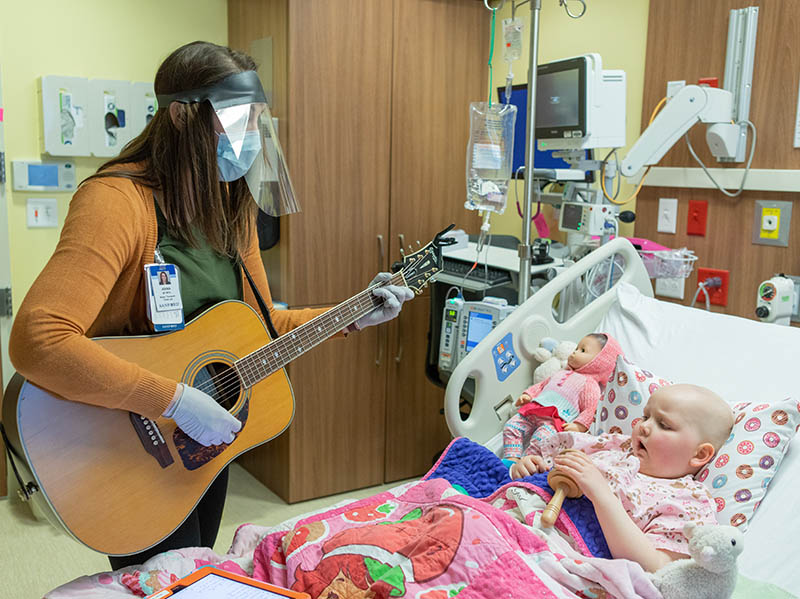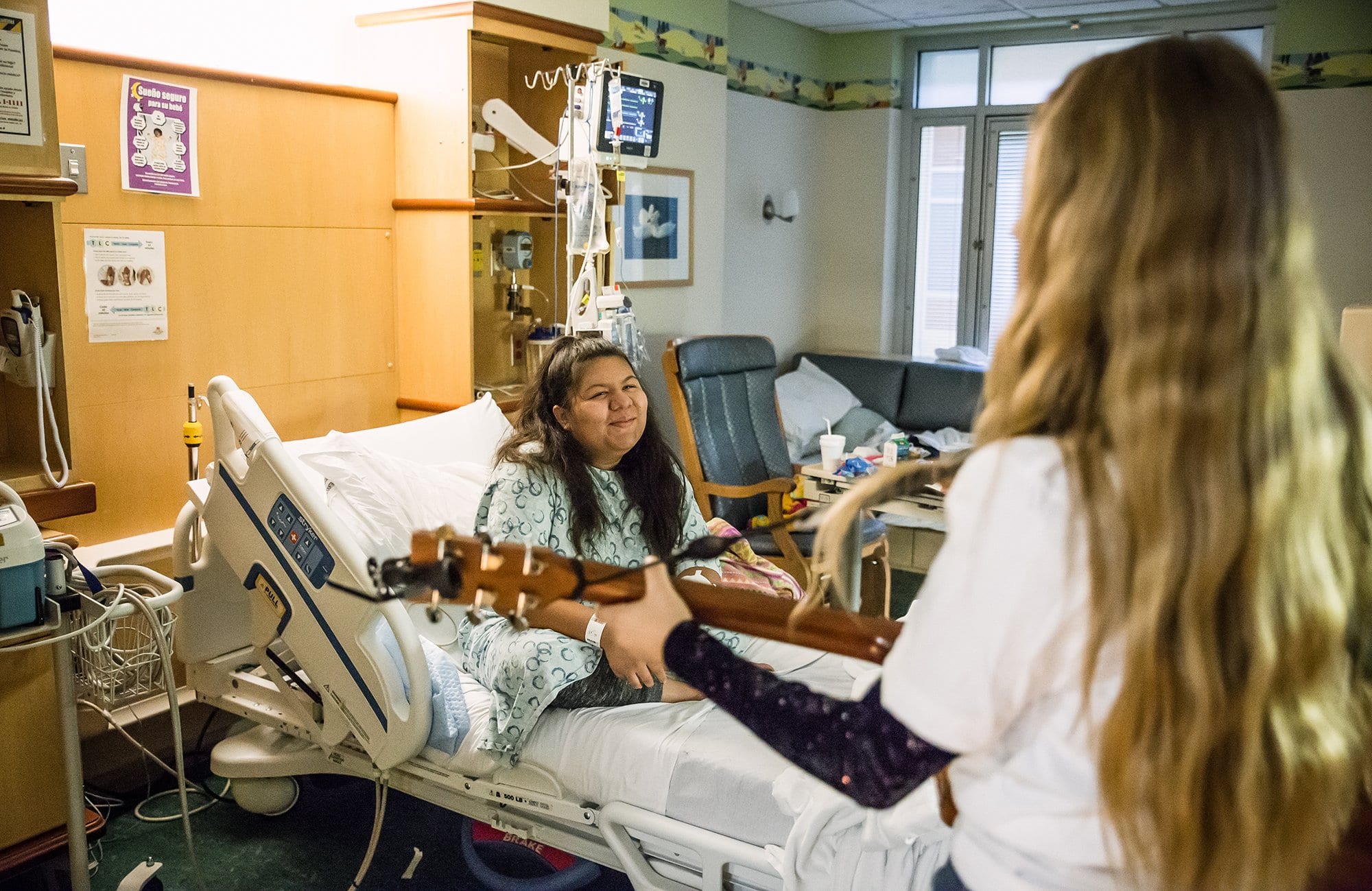
In a remarkable fusion of art and science, researchers have uncovered early evidence that certain musical compositions may play a surprising role in slowing the growth of cancer cells. A study led by Dr. Márcia Alves Marques Capella and her team in Rio de Janeiro has demonstrated that sound—specifically, music—might have the power to selectively affect cancer cells without harming healthy tissue.

Among the pieces tested, Beethoven’s Symphony No. 5 stood out. When played in a controlled laboratory setting, the iconic composition succeeded in destroying nearly 20% of cancer cells, while leaving healthy cells entirely intact. This discovery suggests that the frequencies and structures found in certain types of music might interact with cellular behavior in ways previously unexplored by modern medicine.

Similarly, Atmosphères, a complex and atmospheric piece by the Hungarian composer György Ligeti, yielded comparable results. These findings are prompting scientists to rethink the biological impact of sound waves, particularly those arranged in musical harmony.
Dr. Capella’s team is now broadening their investigation. Rather than limiting the scope to classical music, they are examining how rhythmic genres such as Samba and Brazilian Funk might influence cellular responses. The goal is to uncover whether natural patterns in diverse musical forms carry therapeutic properties, potentially creating a new class of non-invasive support tools for cancer treatment.

While the research is still in its early stages, the implications are profound. If further studies confirm these results, music could emerge as a complementary ally in oncology—offering not only emotional comfort, but biological influence as well. This interdisciplinary exploration bridges neuroscience, oncology, and acoustics, opening a door to therapeutic possibilities once considered purely metaphorical.

The notion that carefully structured sound might support healing adds a poetic dimension to the scientific process, reminding us that the boundaries between disciplines are often more fluid than we imagine. As this research progresses, it may redefine how we understand both illness and the potential embedded in the world around us—even in something as universal and ancient as music.
Source: Dr. Márcia Alves Marques Capella, Federal University of Rio de Janeiro Research, 2024.
